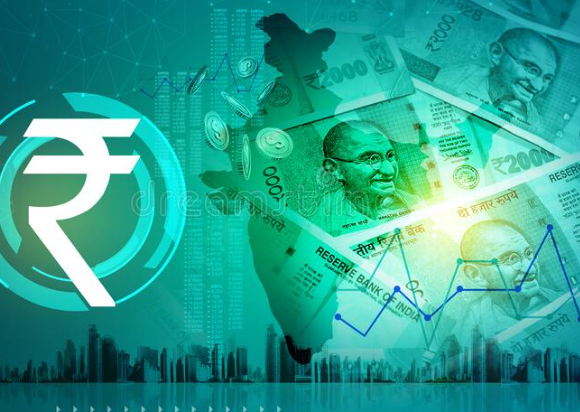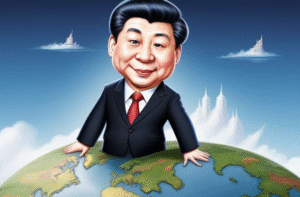$INFY $TCS #H1BVisa #IndianTech #ImmigrationPolicy #TechTalent #GlobalOpportunities #IndianDream #AmericanDream #VisaFees #IndiaTech #WorkInUSA #TechInnovation
Is the Indian Dream the New American Dream? Discover What’s Driving the Shift!
In light of CNBC’s news regarding the significant increase in H-1B visa fees, it’s crucial to understand how this policy change dramatically impacts Indian tech talent. The rising costs are not merely a financial burden but represent a tightening immigration stance that primarily affects skilled professionals from India. However, this situation might also present a unique opportunity for India to redefine its place in the global tech landscape.
Historically, the H-1B visa has served as a bridge for Indian tech workers to pursue careers in the United States. This pathway has allowed many to realize their American Dream, often resulting in significant contributions to the U.S. economy. But with the recent hike in application fees, the allure of the American Dream may begin to fade, pushing tech professionals to explore alternatives closer to home.
Shifting Perspectives: The Rise of the Indian Dream
As the costs associated with obtaining H-1B visas skyrocket, Indian tech talent is finding itself at a crossroads. Many are reassessing their career aspirations and considering the potential of the Indian market. The country has emerged as a formidable player in the global tech arena, boasting a burgeoning startup culture, innovative ecosystems, and a youthful workforce. This shift in focus could lead to a reimagining of the so-called Indian Dream, one that emphasizes local opportunities and domestic growth.
Moreover, as tech giants and startups alike continue to flourish within India, the need for skilled professionals has never been greater. With favorable government initiatives supporting entrepreneurship and innovation, India is positioning itself as a viable alternative to the U.S. job market. This evolution could inspire a wave of Indian professionals to invest their skills and knowledge in the local economy, fostering a new generation of homegrown tech leaders.
The Economic Landscape: Challenges and Opportunities
Despite these promising developments, challenges remain. The steep rise in visa fees may deter some talent from pursuing overseas opportunities; however, it simultaneously encourages a closer examination of India’s economic potential. By investing in local companies and fostering talent, India stands to benefit from an influx of skilled workers who may have otherwise sought employment abroad.
Additionally, the Indian government’s commitment to enhancing infrastructure and digital capabilities can create a conducive environment for innovation. As more talent chooses to stay and contribute to the local tech ecosystem, India can expect to see exponential growth in various sectors, including fintech, e-commerce, and artificial intelligence.
Global Implications: The Future of Tech Talent Mobility
The ramifications of this immigration policy extend beyond individual choices; they impact the global tech landscape. As the U.S. tightens its borders, other countries may seek to attract Indian tech professionals. Nations such as Canada, Australia, and several European countries are actively positioning themselves as favorable destinations for skilled migrants. This competition could further incentivize India to enhance its domestic opportunities.
In conclusion, while the rise in H-1B visa fees presents immediate challenges for Indian tech talent, it also opens up a realm of possibilities. The notion of an Indian Dream is evolving, infused with a sense of nationalism and a desire to contribute to local progress. As professionals re-evaluate their options, the Indian tech industry stands poised to benefit from the homegrown talent that once sought opportunities abroad.
For those interested in exploring investment opportunities, consider diving deeper into the world of stocks and technology by visiting relevant text. Stay informed about the evolving landscape and the potential that lies within.











Comments are closed.